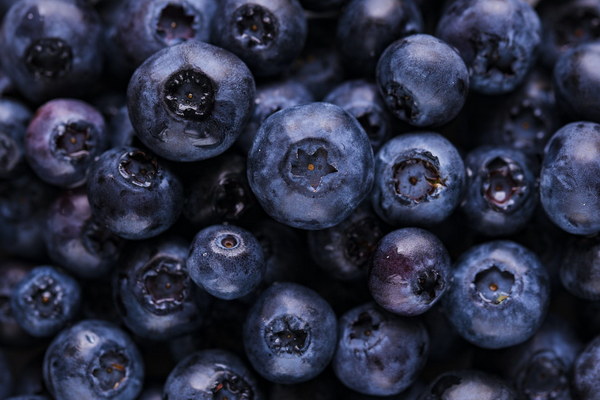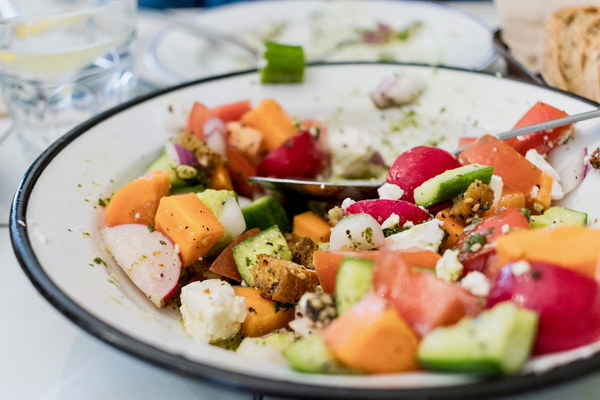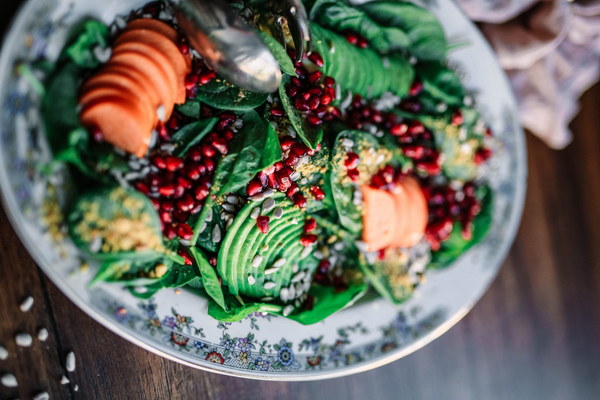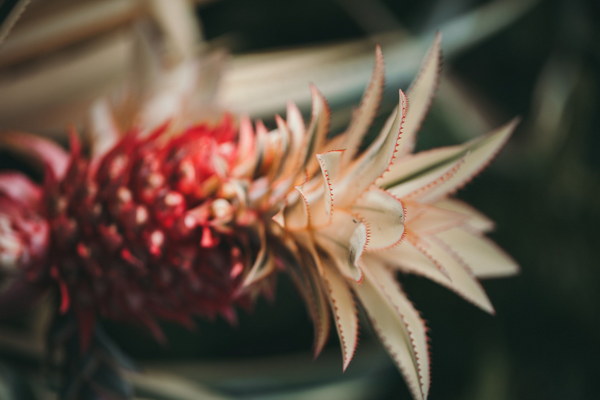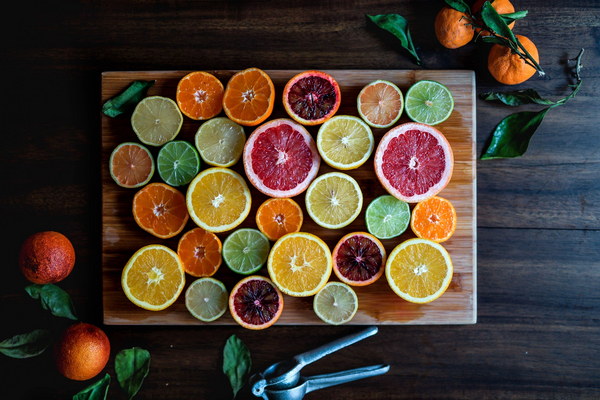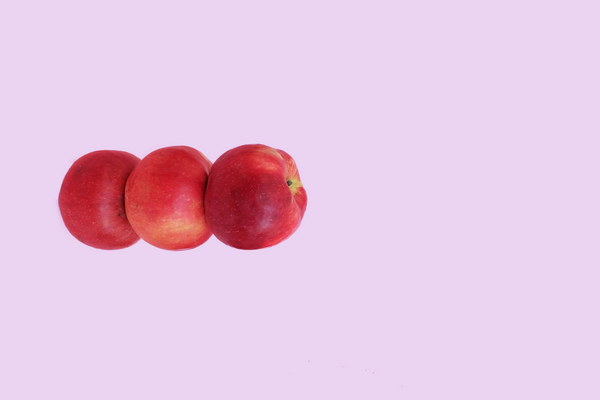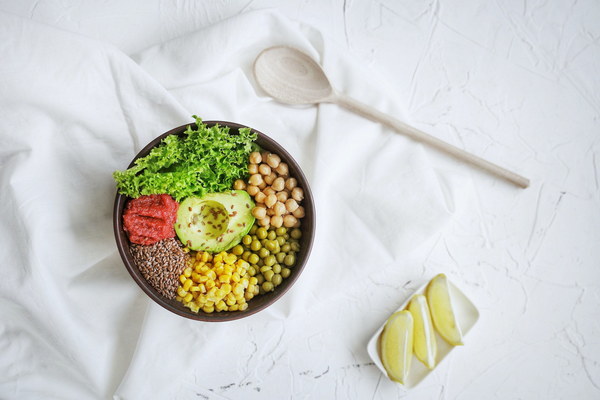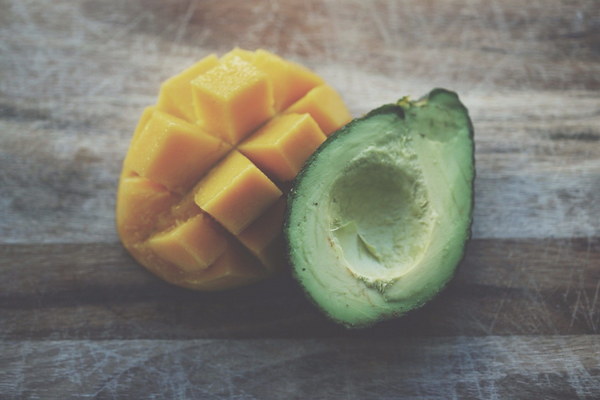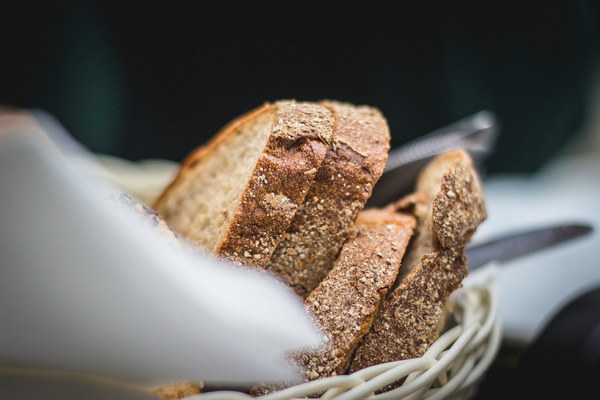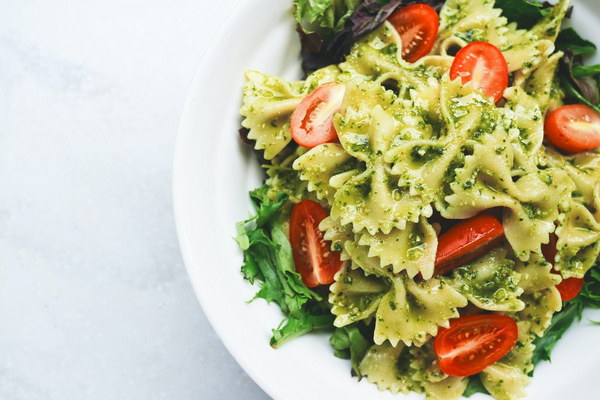Nourishing Remedies What to Eat for Chronic Colitis Relief
Nourishing Remedies: What to Eat for Chronic Colitis Relief
Chronic colitis, a condition characterized by inflammation of the colon, can be quite challenging to manage. While medication and medical treatments are crucial, a well-rounded diet can also play a significant role in alleviating symptoms and promoting overall gut health. In this article, we will explore what to eat for chronic colitis relief, focusing on dietary choices that can help manage inflammation, support gut health, and provide essential nutrients.
1. Fermented Foods
Fermented foods are rich in probiotics, which are beneficial bacteria that help maintain a healthy gut flora. Incorporating fermented foods such as yogurt, kefir, sauerkraut, kimchi, and miso can help restore the balance of gut bacteria, potentially reducing inflammation in the colon.
2. Fiber-Rich Foods
A diet high in fiber can help regulate bowel movements and prevent constipation, which is a common issue for individuals with chronic colitis. Foods like oatmeal, whole grains, beans, lentils, fruits, and vegetables are excellent sources of fiber. However, it's important to introduce fiber slowly to avoid gastrointestinal discomfort.
3. Omega-3 Fatty Acids
Omega-3 fatty acids have anti-inflammatory properties and can help reduce inflammation in the body. Foods high in omega-3s include fatty fish like salmon, mackerel, and sardines, as well as flaxseeds, chia seeds, and walnuts. For those who do not consume fish, omega-3 supplements may be a good alternative.
4. Prebiotic-Rich Foods
Prebiotics are non-digestible fibers that act as food for probiotics, helping them to thrive. Foods rich in prebiotics include bananas, onions, garlic, leeks, asparagus, and artichokes. Including these foods in your diet can support the growth of beneficial gut bacteria.
5. Anti-Inflammatory Foods
Certain foods have natural anti-inflammatory properties that can help reduce the inflammation associated with chronic colitis. These include:
- Turmeric: This spice contains curcumin, a compound with strong anti-inflammatory effects.
- Berries: Blueberries, strawberries, raspberries, and blackberries are high in antioxidants and have anti-inflammatory properties.
- Green Tea: Rich in antioxidants, green tea can help reduce inflammation and promote gut health.
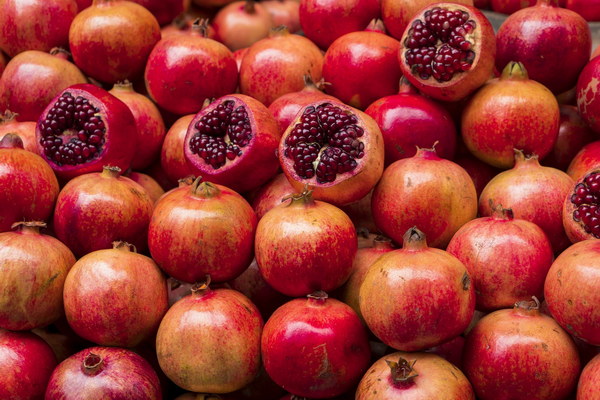
- Dark Chocolate: High in antioxidants and theobromine, dark chocolate can provide anti-inflammatory benefits while satisfying a sweet tooth.
6. Hydration
Staying well-hydrated is essential for overall health, and it's particularly important for those with chronic colitis. Water, herbal teas, and clear broths are good choices. It's best to avoid caffeine and alcohol, as they can exacerbate symptoms.
7. Foods to Avoid
Certain foods can trigger symptoms in individuals with chronic colitis. It's important to identify and avoid these trigger foods, which may include:
- Dairy products: Some people may find that milk, cheese, and yogurt exacerbate their symptoms.
- Fatty foods: High-fat meals can be difficult to digest and may increase inflammation.
- Spicy foods: These can irritate the inflamed colon and cause discomfort.
- Alcohol and caffeine: Both can irritate the digestive system and exacerbate symptoms.
8. Professional Guidance
It's important to work with a healthcare provider or a registered dietitian when planning a diet for chronic colitis. They can help tailor a diet plan to your specific needs and provide guidance on how to manage your symptoms through nutrition.
In conclusion, while there is no one-size-fits-all diet for chronic colitis, certain foods can help manage symptoms and support gut health. By incorporating a variety of nutrient-rich, anti-inflammatory foods into your diet and avoiding known triggers, you can help improve your quality of life. Remember to consult with a healthcare professional for personalized advice and support.
